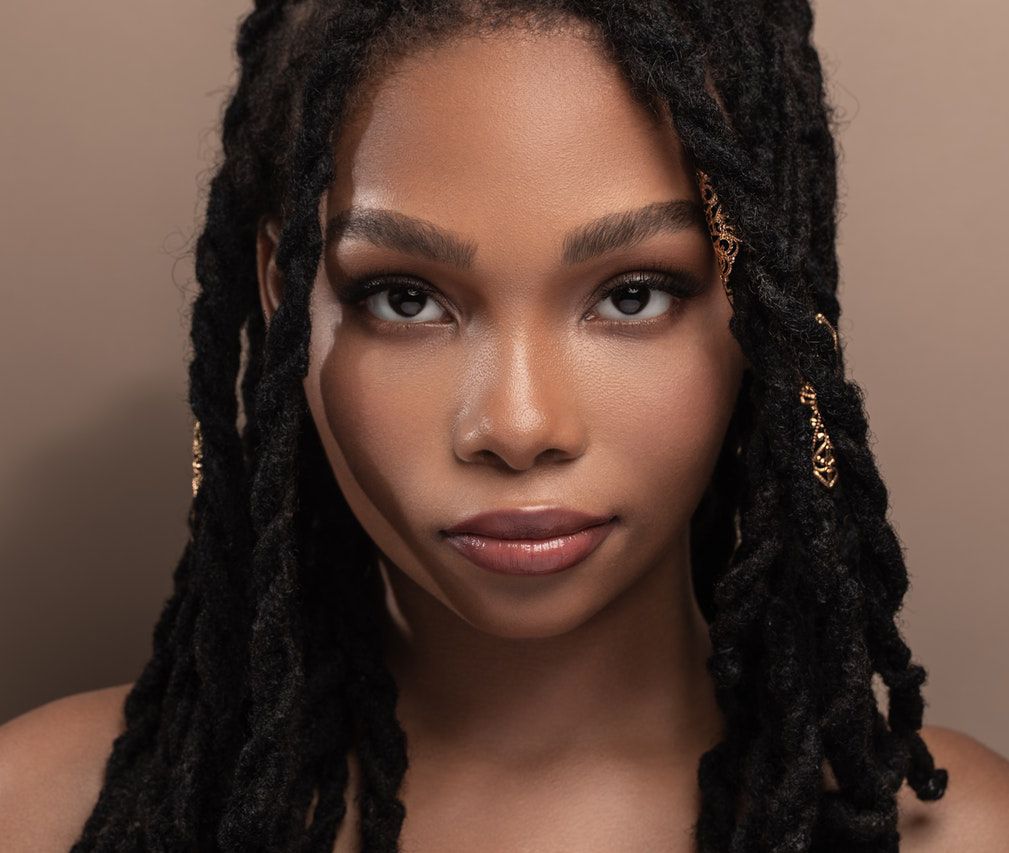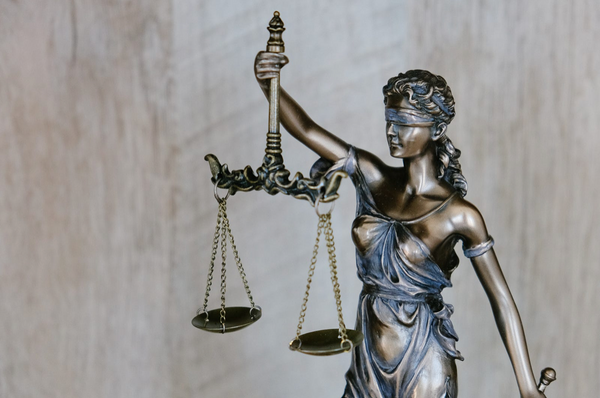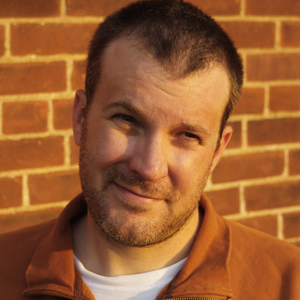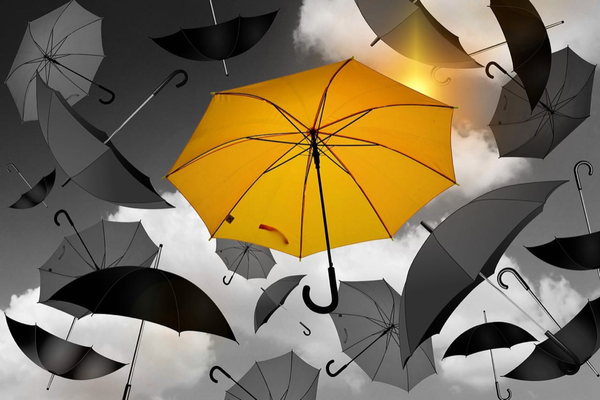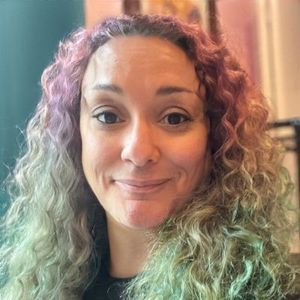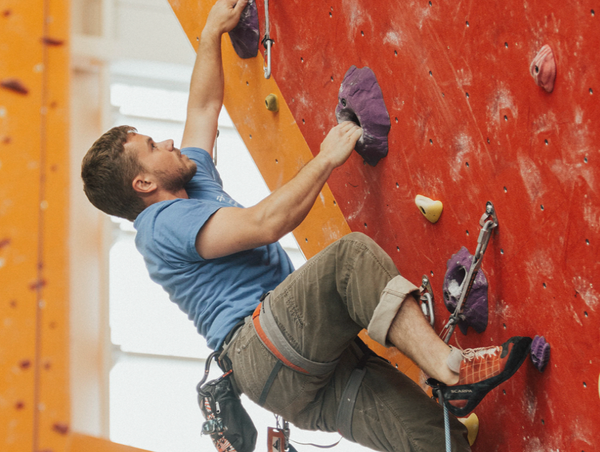It’s been a helluva week or two in America (not that most of them aren’t, these days). Just as I was getting my wits together enough to write about Ahmaud Arbery’s murder, we learned about Breonna Taylor getting shot to death by police while sleeping in her own bed; the choking death of George Floyd by not one but four policemen; and the threatening of Christian Cooper for birdwatching while Black. These are not isolated examples. Truth be told, if there’s no video we often don’t hear about them because they’re all too common and swept under the rug. The question is, what are we white people going to do about it?
If you’re one of those folks who would vote to acquit Floyd’s murderer, chances are you should just move on at this point. If you’re reading this from a protest site, you probably need not read further. But if you’re like so many of us, who feel like shit right now, want Black folks to know “not all white people . . .” (we’ll come back to that one), and aren’t sure what to do yet you’re still reading this — you would be the “we.”
The truth is that a lot of us white folks are human enough to be horrified when we see a video like the one of George Floyd being murdered, for example, but we’re simply too white to know how to respond. We live in mostly (or all) white neighborhoods, we work mostly with white people, we hang out with our own. We know there’s this abstract issue of “racism” out there, but we don’t know much about it and it just doesn’t seem like it could be as bad as most Black people say it is because we don’t see it — again: white neighborhood, white workplace, white friends.
The result is the thousands of comments I’ve heard and seen posted on social media the past week. And, we say the things we might say to each other without understanding why they’re not ideal, like “Please, Black friends — I want to be better. Help me to understand.” Or “I am not a racist; all lives matter to me.” Or “I am shocked at [insert shocking aspect here].” So, here is a list of things to consider if you want to do better.
Acknowledge That You’re Racist
Yes, this is the hardest one, so I’ll go first: I am a racist. No, I’m not what many white people think of as racist: I don’t own a Confederate flag, I’ve never used the n-word or called the police on anyone, and I don’t lock my car doors in a Black neighborhood. In fact, I’m relatively well-educated on Black history, I am blessed with some wonderful Black friends with whom I can discuss these issues openly, I’ve shown up for them both in person and financially, and our racist culture has been breaking my heart for years. But. Racism is so deeply ingrained in every aspect of American life that it’s hard to know everything it has infected, and hard not to have racist thoughts and opinions — some of them subconscious or even unconscious.
Here’s why this is important. Not all racists are willfully bad, and obviously, a lot of us are trying to do better. Acknowledging our inner racist isn’t a requirement for stepping up. But if we don’t acknowledge it in ourselves, it just makes everything harder. It’s harder to figure out all of the things around us that have been influenced by racism and continue to hurt people of color — especially Black people. It’s harder to really hear Black people when they try to educate us. It’s harder to analyze our own thoughts and keep an open mind. It’s harder to do right for the right reasons.
Realize That You Benefit from White Privilege
This is another tough one for a lot of white people, although we seem to be getting better at understanding it. The problem is with the word “privilege,” and how we associate it with money and overall social standing. The response is frequently “I am poor! I have struggled! Nobody gives me anything just because I’m white — don’t tell me I have white privilege!”
That is not what the phrase means. It’s simply the advantages we have in life due to our skin color, versus someone darker. It’s entirely possible that you’re more likely to get a job or pay raise than an equally qualified Black person. But it’s a whole mountain of other advantages we don’t even think about because we’re white. We don’t have to worry about people calling the cops on us for “not belonging” someplace (think Arbery, Cooper, Trayvon Martin . . . ). We don’t have to worry that cops will stop us like Philando Castile “just because,” and we certainly don’t have to wonder if we’ll survive those stops. We don’t suffer from the psychological effects of people getting off an elevator when we get on; women clutching their purses or drivers locking their car doors when we draw near, and a host of other activities you probably don’t notice—or even do without thinking. We aren’t followed by store personnel when trying to shop. Other shoppers don’t assume we must be a clerk if we’re there. And we definitely don’t have to educate our children on how to survive an encounter with the police due to prejudice against their skin color (known as “the talk”).
To Understand Where Black People Are Coming from—Do Your Homework
A number of the very best white people I know have responded to these latest murders with “I’m so sorry; I feel horrible. Please tell me how I can be better.” As a white person, I feel their pain. I know they mean it and will work at it. I am happy to see it after too many instances of silence. And yet I also know that a lot of Black people will cringe or be infuriated by these words of contrition. I’ve seen more than one “STFU” response, which leaves most of us white folks hurt and/or baffled and often dredges up the “angry Black person” trope.
Here’s the thing: the roots of racism are over four hundred years old in America (perhaps as old as there have been races?). They are deeply entrenched in, well, almost everything around us (systemic racism). There are probably something like 50 million Black people in America alone, suffering the consequences of our racism every single day of their lives. They’ve given speeches about it. They’ve written about it. They’ve made movies about it. They’ve sung about it. They have protested about it—taking a knee on football fields when their job was on the line. They’ve even befriended some of us who they think are least likely to hurt them (a risk that often comes back to bite them).
Black people have been sharing their pain and attempting to make us aware of how they experience the world for centuries, and yet somehow we reach thirty, forty, or fifty years old without the vaguest understanding of the biggest issue in our country! I get that we all go about our lives in a bit of a bubble, without meaning harm to anyone. But Black people have to worry about racism every minute of every day of their lives, so it’s a big slap in the face to have us suddenly look up and say “Wait—what is this thing?” And then beyond the late awakening, we also tend to focus on ourselves and our own feelings: “I feel horrible!” I’m sure you do, because again, I know some truly caring people doing the asking. But to many Black people, who are the actual victims, it sounds too much like we’re making it about us and not them.
Fortunately, they have created all of those books and essays and speeches and movies and songs, which are readily available to anyone seeking them. If you’re reading this essay, you’ve already arrived at Our Human Family (OHF), which is an excellent resource, along with its editor Clay Rivers. Marley K., Tim Wise, and many others publish relevant works in OHF and/or on other parts of Medium like Ezinne Ukoha does. ZORA is another excellent publication on Medium, by Black women. And there are excellent books out there, by Toni Morrison, Alice Walker, Ijeoma Oluo, Ta-Nehisi Coates, Cornel West, and many more. Much of it is painful to read, especially for Black people of course, but also in that it raises the specter of white guilt. Don’t take it all personally (or do!) and keep reading. Eventually, you will see the common threads and the massive web that is racism. Here are just a few of the themes you could look to learn about:
- The Black Lives Matter (BLM) movement, and the problems with “All lives matter” or “Blue lives matter.”
- What Black people hear when you say you “don’t see color.”
- The issue with cultural appropriation.
- Why “not all white people” is an aggravating statement.
- How white people tend to speak for or over Black people (which is not the opposite side of the coin from being silent).
- How racism has evolved and infiltrated so many American institutions.
- The difficulties of raising Black children in this environment.
- The extra burden carried by Black women that has led them to be called “the mule of the world.”
Educating yourself doesn’t mean you can’t respond to an essay or ask questions while you do so. I’m not suggesting that you need to read two dozen books before you can talk. We’re all works in progress. Just be respectful and remember that this is their reality. Remember you are there to learn.
If you have any close Black friends who have offered to discuss the topic with you, they are also a good resource. Once you’ve done your due diligence and understand the basics, you can ask other Black friends if they are willing to talk to you about it. If they are, remember that our job is to listen—something that is, quite frankly, not a strong point for many of us. Please note that they might not be open to talking with you about it; many Black people have been hurt too many times.
Call Out Racism When You See It! And Other Things You Can Do
You don’t have to be an expert to speak out and lend your support to Black communities and causes; in fact, few Black people have many expectations of deep knowledge from us. Conversely, however, white silence is complicity with the status quo of racism. That is what keeps it going. Not every person has the resources to do every type of support, but there are many, many options. Here are just a few:
- Express your support among family and friends, and on social media; let others know that you recognize how wrong things are and share ways to help.
- Amplify Black voices. Remember that our job is to help them be heard, not to own the narrative of their experience.
- Vote, vote, vote! Not just for the national elections but also the local ones — oftentimes these are for the positions that have the most immediate effect on our day-to-day lives. And don’t just vote for whoever sounds good to you, listen to who your Black friends support. As a minority, there aren’t enough Black people to effect major change. We need to help.
- Get to know your legislators and how they vote. Contact them when you strongly agree—or disagree. Contact them again. And again.
- Donate any extra money you might have to BLM, the NAACP, or wherever you feel comfortable.
- Write or speak as appropriate. Reach out to Black coworkers and acquaintances to let them know that you care, you have some idea how they might be feeling right now, and ask how you might help. (Note that we don’t typically say we understand, because the truth of it is, we don’t.)
- Be a patron of Black businesses, restaurants, and artists.
- Show up at a rally or protest! I know this one sounds a little scary right now, but I promise that the vast majority of them are peaceful events filled with good people who will appreciate your being there. Also, bear in mind that much of the violence is perpetrated by fake protesters who want the cause to look bad, and most of it happens at night.
- Keep learning.
- Last but perhaps most importantly, respond when you hear racist statements or see racist acts! I know this one can be tough because often these moments are instigated by our friends or family. Bear in mind the old saying that—as long as a Black person isn’t in direct danger—honey goes further than vinegar. Anger rarely changes a person’s mind. Be clear and direct of course, but use your communication skills to help them understand why they’re wrong: “I used to feel the same way, but then I learned that . . . ” It gets easier the more you do it.
Don’t Expect to Be Embraced for Doing What’s Right
Ah, yes. This is the one that makes me hate the word “ally.” (A lot of Black folks don’t even use the term anymore.) Don’t be an ally because it’s the word or trend du jour; you need to do it because it’s what’s right and not just when it’s convenient. An ally only in an echo chamber is useless. And if we all go home when the protests end, nothing will ever change.
Fighting racism is such an important cause that is critical to the future of America, to the world, and to our own humanity. Please do it for the right reasons, and understand that you might not be thanked for it. Black people deal with racism in their entire lives, from people who look just like us. They may be slow to trust. Some might never trust you. You might also say some things with the best of intentions that strike a racist nerve; you might get called out. That’s okay! You apologize, you learn from it, you become a better person. I say this because it’s happened to me, it’s happened to others I know, and it will happen again. We can’t know the entire Black experience. But soon enough people will see your heart and gently steer you in the right direction.
Aaand, generally people like rewards, particularly in our culture. We hand out medals to the losing teams, for heaven’s sake, and things like “attendance awards,” just so that every kid gets something. This is not one of those times. Nobody will say “Here’s your anti-racism trophy.” But you will be a better person. The quality of your friendships will improve. Your children will look up to you. And this is how we achieve equality — one person at a time.


